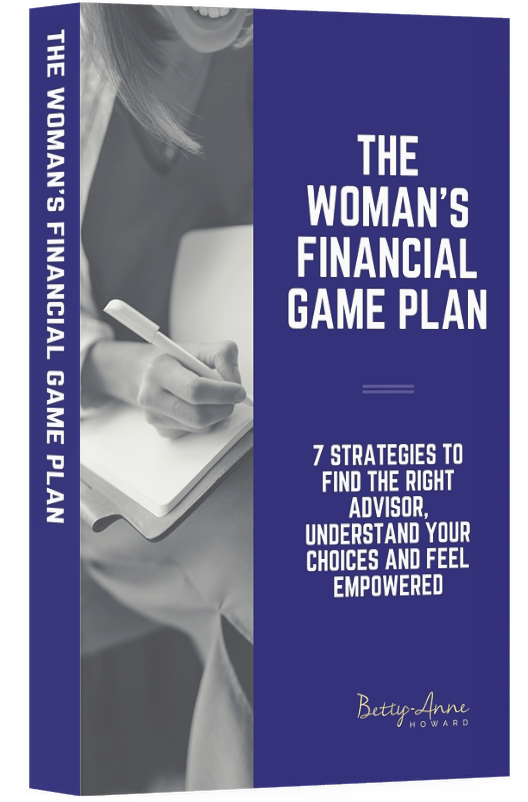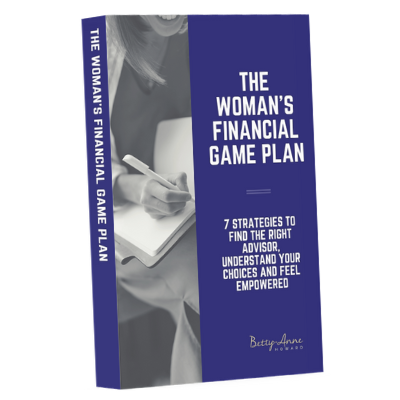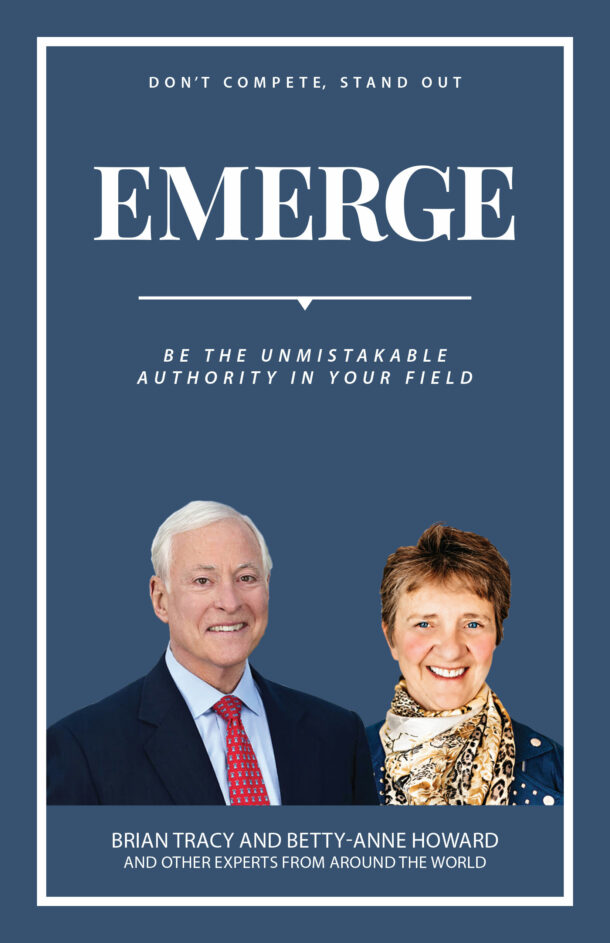
We are living through unprecedented times in many ways. On the financial front, people are panicking about the state of their investments and their financial future.
As financial planners, we should all be taking the time to think about our relationships with both our clients and ourselves. Most importantly, Financial planners should consider this important question: What is the role of a financial planner during a recession?
What is the role of a financial planner during a recession?
To answer this question, you should go back to the “why” of your business. It tells you a lot about who you are and what’s important to me, within the context of the world in which we live.
And to discover or remind yourself of your “why,” it’s important to go back to your values.
Why do we do what we do?
Instead of asking yourself what the role of a financial planner during a recession (and coronavirus volatility) entails, ask yourself, “what are my values?”
Living life with beliefs and values keeps you alive with passion and purpose. It addresses the core of answering the question of why we do what we do.
Within financial services, the assumption at times is that we’re greedy, thinking only of ourselves. But the truth is, for many of us, that’s far from the truth.
Whether it’s during a recession or a boom, the role of a financial planner remains the same: making a difference in people’s lives.
Building trust, building relationships and being there when you’re needed. Those are the goals.
We all need to do what we can to run a profitable business. Of course, we want a sustainable business. And monetary profits are one thing.
But it’s what we put into our jobs, how we benefit from serving others—a higher purpose—that profits us greatly.
Something for you to consider
How have you integrated your beliefs and values into your life and financial plan?
Financial planners and social responsibility
Keeping this higher purpose in mind is critical — whether we’re navigating market volatility due to a global pandemic or not. Social responsibility must be a guiding force in the role of a financial planner.
In fact, the UN Principles for Responsible Investing include social responsibility.
What does that mean to me?
- Companies are treating their employees well
- They’re interacting responsibly with their community
- They’re adhering to the “profits with principles” philosophy
I first heard that phrase when a client of mine shared Halla Tomasdottir’s TED video with me. Her talk has had almost 500,000 views; it’s reached a lot of people. She talks eloquently about managing money with feminine principles, and that includes emotional capital.
People, she says, run companies, not spreadsheets.
Halla shook my world. I wondered how she allowed herself to say what I have thought so often, out loud, to so many people.
I love hearing, “You have made my dreams a reality!” There’s nothing more satisfying than that.
But now, financial planners across Canada right now are a threatened species.
If we are to go the route of the United States and the United Kingdom, then financial advice will only be available for those who have money, like so many other things in life. And that would make it incredibly difficult to make dreams a reality for so many.
This is incredibly upsetting. Thankfully, my professional association, ADVOCIS, is trying to do everything within its power to keep financial advice available to all Canadians.
What I’ve learned
I’ve learned a lot about the role of a financial planner during the 20+ years I’ve worked in this business. Particularly that not all financial planners/advisors are created equal. Sadly, some do only want to sell you something so they can make money from you and then move on to the next sale!
I have also found that we’re either loved or hated.
Many of us are loved by our clients who appreciate all we do for them and their families. They even go so far as to say, “I don’t know what we’ll do without you.”
But we are hated by others who question our motives, our reasons for being in this business, our credibility, and our practices. Apparently we are loathed almost as much as lawyers, in some circles.
To ensure you’re working with a financial planner with your best interests in mind, take a look at these 6 questions to ask a financial planner before hiring them.
But I feel secure in the role of a financial planner, even during these times.
For more on financial and estate planning during a crisis, click here.
I go to bed at night knowing I’ve made a difference in someone’s life. I help ensure they will have a great retirement and their kids will go to university without any of the worries I had about money. Knowing that I have helped someone protect what they’ve worked for all their lives from a disgruntled partner they are now leaving.
Knowing that together, we will leave a legacy for children, grandchildren, or the work that will go on when we die, to make the world a better place to live, brings me great comfort and peace of mind.
And during a recession, the role of a financial planner is more critical than ever: to do the most good and make a positive difference in as many lives as possible.
We can accomplish this goal in several ways.
To start, check in with your clients. Ask them how they’re doing. About their concerns. How their needs and plans might have changed/be changing.
Ask how you can help.
Help is available
I’m here for you during the best of times and the worst. If you’d like to get in touch and figure out if we’d be a good fit for your financial planning needs, don’t hesitate to contact me today.
Here are three more articles you might also enjoy:
Improve your relationship with money through dance
Who do you want to benefit from your money when you are no longer here?
Estate planning with your loved ones






0 Comments